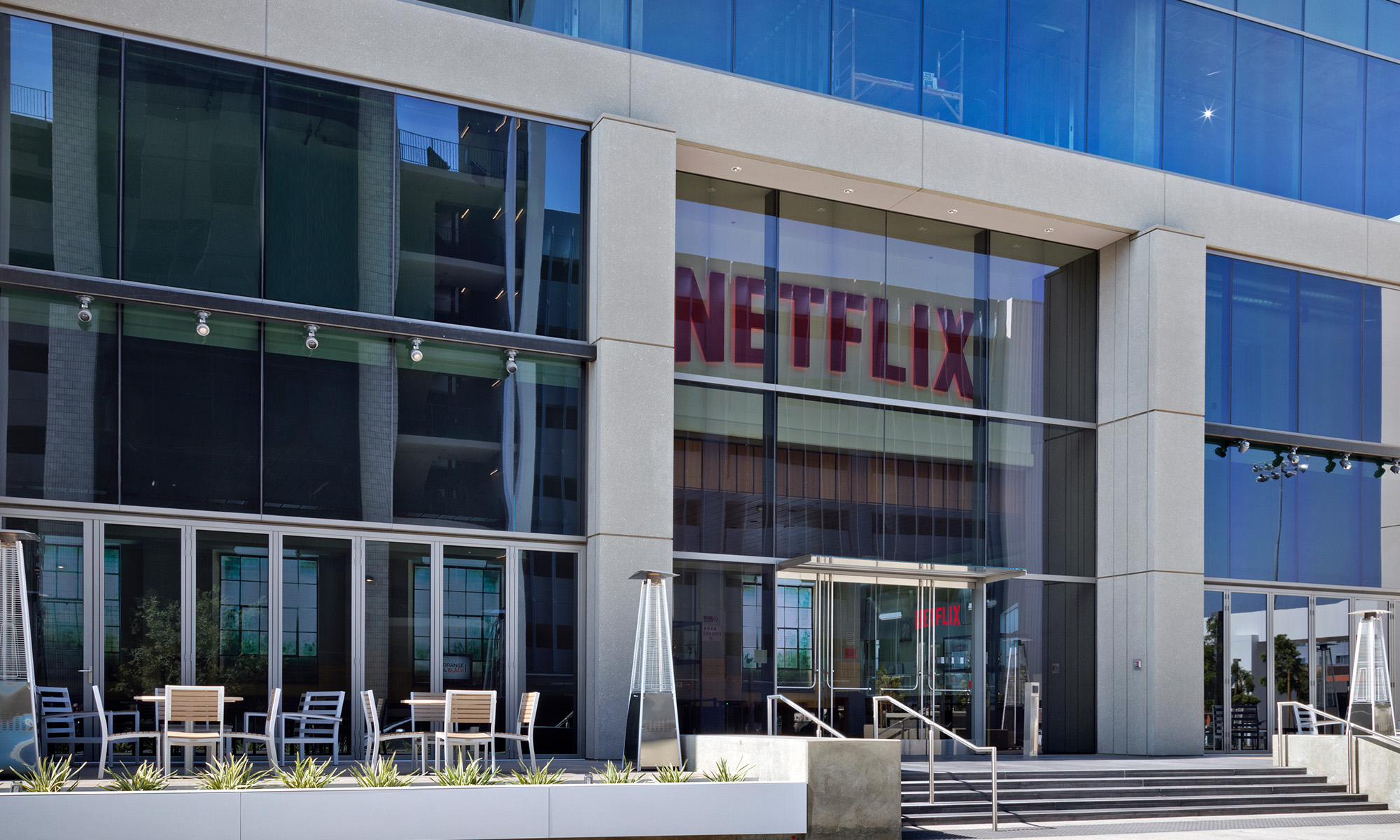Time Warner's (TWX +0.00%) premium cable network, HBO, may have fewer domestic subscribers than Netflix (NFLX 1.98%), but it makes much more money.
Time Warner hasn't disclosed HBO's financials on a regular basis, but it did so on Wednesday, demonstrating to investors just how much of a cash-generating juggernaut the network truly is. Netflix, with its push into original programming and exclusive content deals, has positioned itself as HBO's biggest challenger, a story that investors seem to be eagerly buying.
If Netflix is truly in the same business as HBO, then their valuations should be somewhat similar -- and yet they couldn't be any more different. Either Netflix is trading at absurd prices, or Time Warner is sitting on an extremely undervalued asset.
HBO and Netflix by the numbers
Last year, HBO generated $1.8 billion in operating income on $4.9 billion of revenue. In contrast, Netflix generated just $228 million in operating income on revenue of $4.37 billion. If you remove Netflix's DVD-by-mail business (a segment HBO lacks), the Internet-streaming giant's numbers are even less impressive, as Netflix's DVDs business still accounts for more than 40% of its income and almost one-quarter of its revenue.
The market values Netflix at about $24 billion, with a price-to-earnings ratio of around 220. Time Warner as a whole is only worth $57 billion, and trades with a market-average P/E near 15. If HBO were a separate company, and it were valued on par with Netflix, it would be worth about 40% of Time Warner's current market cap. But it only generates about about 17% of Time Warner's revenue, and roughly 27% of its operating income.
HBO lacks the growth
Since it's much more profitable than Netflix, and has demonstrated the enduring appeal of its business model, HBO is arguably a much more valuable company. So, why isn't Time Warner trading with a higher multiple?
Admittedly, HBO -- unlike Netflix -- is a mature product that isn't growing its subscribers at the rapid rate Netflix is. Investors willing to pay for Netflix shares at its present valuation must be convinced it can achieve the 90 million domestic subscriber figure Netflix's management says it can.
Assuming that's possible, there's no reason HBO can't do the same. Netflix has churned out some impressive content in recent months, but HBO is still king, with a leading number of Emmy nominations and the rights to megahits like Game of Thrones. HBO also has a deep catalog of old programming developed over the last 17 years. Even if you don't like Girls, you might still consider subscribing to watch old episodes of The Wire, Sex and the City, or The Sopranos.
Of course, HBO is far more expensive than Netflix, and much harder to sign up for. With Netflix, becoming a customer is as easy as navigating to Netflix's website and entering your credit card number. Total cost: $8 per month. In contrast, HBO is (for the most part) only sold as part of an expensive cable package, and the average monthly charge is usually $15 on top of an already expensive cable bill. Total cost: up to $100 per month or more.
A potential spinoff?
Others have called for Time Warner to get rid of HBO; BTIG's Rich Greenfield, as far back as 2011, has argued that Time Warner should spin the network off. Time Warner's management is obviously reluctant to make such a move, as going around its cable partners could make it more difficult for the company to sell its other, less popular cable channels.
But if Netflix continues to post such record growth, it should become overwhelmingly clear that Time Warner is doing it wrong. If that happens, Time Warner may be more likely to offer HBO as a separate product -- perhaps spurned on by investors in light of Netflix's continued taunting.
There are already some signs to suggest it's considering the move -- Comcast started experimenting with an "Internet Plus" bundle that included HBO, but no cable, last year, while Time Warner continues to emphasize its HBO Internet app, HBO Go.
At any rate, if Netflix is truly worth $400-plus per share, Time Warner is sitting on a wildly undervalued asset.






